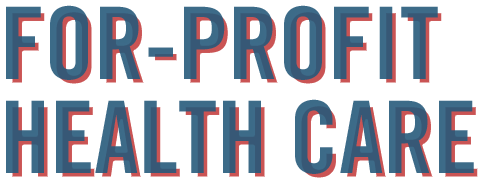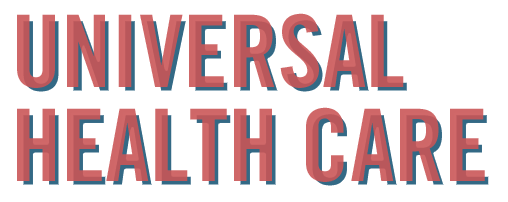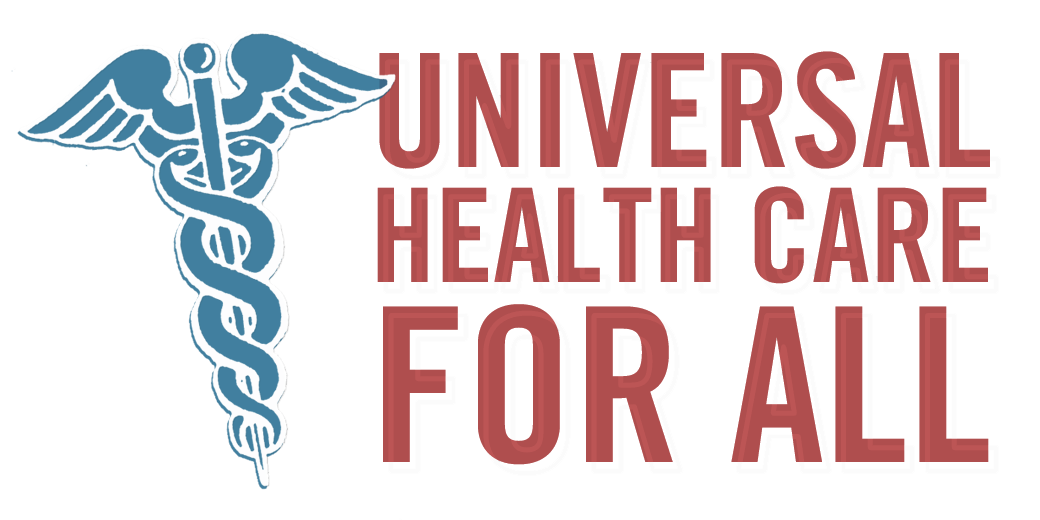
America is the largest, most diverse society on the planet, and our medical system reflects that. We spend almost US$2 trillion per year on healthcare, nearly one in every seven dollars in the economy, yet we are still one of the few nations where all citizens do not automatically have medical coverage. For many Americans, health insurance is a perk most often tied to their job, or it comes as a result of a government programs such as Medicare and Medicaid. It is ironic that the United States, a nation that spends the most money per capita on healthcare, and has the most technologically advanced medical system in the world, is not the healthiest society on earth.
Some 47 million U.S. residents have no health insurance, and the numbers keep growing. Because employers increasingly are moving in the direction of providing Wal-Mart-style health coverage by shifting health care costs to employees, America’s workers struggle to pay higher premiums, deductibles and co-payments — if they can afford such coverage at all. Employers are responding to growing cost pressures by shifting more and more health care costs onto workers, especially through larger co-pays and deductibles that must be paid at the time treatment is sought.

Single-payer national health insurance is a system in which a single public or quasi-public agency organizes health financing, but delivery of care remains largely private. Under a single-payer system, all Americans would be covered for all medically necessary services, including: doctor, hospital, preventive, long-term care, mental health, reproductive health care, dental, vision, prescription drug and medical supply costs. Patients would regain free choice of doctor and hospital, and doctors would regain autonomy over patient care.
One of the most socialized systems of universal health care is the National Health Service (NHS) of the United Kingdom, which was established in the wake of World War II, in 1948. Every facet of medical care is covered entirely from tax revenues, so that patients need not pay at all, either into a general insurance fund or in direct fees to a medical provider. Medicines, meals, lodging, and services are all provided, as are incidental costs such as outpatient care and equipment. In the past the NHS was criticized for offering a fairly low quality of health care, and for extended wait times for service. Since the late 1990s the government has invested substantially more money in the NHS, modernizing it drastically and bringing it up to a par with the rest of Europe. The NHS has also begun to interact more heavily with the private sector, often outsourcing entire segments of health care to non-governmentally controlled interests.


Over 31% of every health care dollar goes to paperwork, overhead, CEO salaries, profits,
etc. Because the U.S. does not have a unified system that serves everyone,
and instead has thousands of different insurance plans, each with its own marketing,
paperwork, enrollment, premiums, and rules and regulations, our insurance system is both
extremely complex and fragmented.










